Introduction
In the evolving landscape of cybersecurity, companies in the domain of Security Software Publishing are grappling with the increasingly complex requirements of ensuring robust, secure software solutions. The United States, a major hub for tech companies, faces its own unique challenges when it comes to security software. That is why, as Pacific Certifications, accredited by ABIS, we consider the implementation of International Organization for Standardization (ISO) certifications not just advantageous but vital for business credibility and long-term success. In this blog post, we explore the applicable ISO standards, their requirements, and the innumerable benefits they bring.
Applicable ISO Standards for Security Software Publishing in the US
ISO 27001: Information Security Management System
The ISO 27001 standard is designed to manage and improve an organization’s information security management. The focus of ISO 27001 is not merely technological but also includes policies, procedures, and other organizational controls.
ISO 9001: Quality Management
While not directly focused on security, ISO 9001 is about enhancing quality management systems, which in turn, directly impacts how effective your security software will be.
ISO 22301: Business Continuity Management
For security software publishers, service interruption is a no-go area. ISO 22301 ensures that organizations can respond effectively to disruptions and continue functioning without significant impacts.
Requirements for ISO Certification for Security Software Publishing in the US
Gap Analysis
A gap analysis is essential to understand where your company stands concerning the requirements of the selected ISO standard.
Documentation and Policy Formation
Adequate documentation of processes, policies, and procedures aligned with ISO standards is mandatory. This step provides tangible proof of compliance.
Internal Audit and Management Review
Before undergoing an external audit by bodies such as Pacific Certifications, you must perform internal audits and management reviews.
Certification Audit
Upon successfully completing the internal procedures, you can then move to the certification audit, which is divided into Stage 1 and Stage 2 assessments.
Benefits of ISO Certifications for Security Software Publishing
Competitive Edge
Companies with ISO certifications often gain a competitive edge in the market. According to studies, certified companies reported increased market share and customer satisfaction.
Risk Management
ISO certifications like ISO 27001 provide frameworks for identifying, assessing, and managing risks, thereby contributing to business resilience.
Legal Compliance
Adhering to ISO standards simplifies the often complex process of staying compliant with local and international regulations, including GDPR, HIPAA, and others.
Customer Trust and Satisfaction
Data from customer surveys suggest that trust in a company rises dramatically when ISO certifications are involved. Clients prefer companies that can demonstrate adherence to recognized standards.
Conclusion
ISO certifications offer a multi-dimensional approach to systematizing operations and boosting the quality of services in Security Software Publishing. At Pacific Certifications, accredited by ABIS, we believe that obtaining these certifications can serve as a catalyst for consistent growth, customer satisfaction, and robust security measures in place. With the complex cyber threats that are ever-evolving, there has never been a more crucial time for companies in this industry to embrace ISO certifications. The investment made in acquiring these certifications will undoubtedly pay dividends in increased market share, customer trust, and organizational resilience.
For more information about how Pacific Certifications can assist you with obtaining ISO certifications for your security software publishing company, feel free to get in touch with us.


